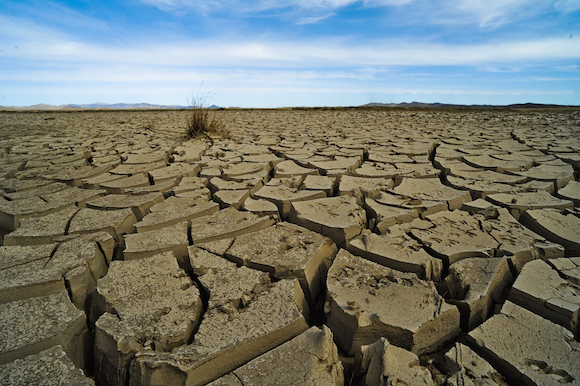-
About
- Our Work
- Get Involved
- Stay Updated
Climate change and it's impact on Nepal

Climate change is probably the most discommoding truth that we have to live with and it's happening right in front of us. Marked as a "viled problem" it is a great concern of today as it affects not only human beings but also the whole ecosystem with underdeveloped countries being at more risk.
Nepal, where I was born is a small landlocked country characterized by valleys, steep slopes and the iconic Himalayas running across the northern and western part of the country. In recent years it is agreed that climate change is impacting Nepal rather disproportionately compared to its size and its contribution of greenhouse gases. Nepal is one of the least contributor to the global greenhouse gases (0.025%).
Nepal is a agricultural country involving more than 60% of people in agriculture for livelihood and this sector contributes about 35% to the nations GDP. I come from agrarian family where agriculture has been followed by many of my ancestors and has always been a major source of income.However in the recent past, it has been suffering a lot from erratic weather patterns such as heat stress, longer dry seasons and uncertain rainfall resulting in reduction of yield.The problem intensifies in our case as more than 60% of the cultivated area fully depends on monsoon rainfall.
The timing of cultivating rice, the most consumed cereals in Nepal, have shifted a month late than what used to be a couple of years back due to late arrival of monsoon. Ripening period of different fruits have also been changing. Mangoes are ripening in June, while in previous year, it is used to be in August. Similarly, Oranges are ripening a couple of months before. Similar is the case in other tropical and subtropical fruits too.
Temperature in Himalayas is increasing at a faster rate causing serious impacts on glacier and glacial lakes which is a main source of Nepal's water resources. Different glaciers in Dhaulagiri and Annapurna regions are retreating at faster rate and only recently, there was news coverage that the Middle Marshyangdi Hydro Project, which was producing around 70 megawatt electricity initially is now generating only around 50 megawatts because of decrease in water level. Such results are believed to be the consequences of increasing climate change.
During summer, the intensity of rainfall is increasing but the frequency is decreasing while in winter there is little or complete absence of rain.This results in heavy floods, landslide and soil erosion, which had occurred in July and August of this year leading to loss of top fertile soil. The number of days with extreme heat in summer is increasing and winter are becoming less cold. Changes in rainfall pattern and temperature are affecting ecosystem process and functions such as snow and ice melting in northern side, soil properties and hydrological system all over the country.
Increasing numbers of patients in hospital, suffering from different diseases like dengue, kalazar, encephalitis and malaria in recent years, shows the serious impacts of climate change on human health as warmer temperature may create favorable conditions for more vectors.
Climate change is already becoming a danger to our survival and we have to do everything possible to prevent it from being catastrophic to us. Adoption should be a first priority for a developing country like Nepal. To cope with climate change, farmers have adopted a mixed cropping system. For example coffee with citrus, bean with maize etc. Farmers should also embrace cultivating crops that requires less water and those that are photo insensitive. Different awareness programs related to climate change are being conducted at different places of the country. We can fight back strong if we get good support from national and international community.
Photo courtesy: Asian Development Bank
About the author
Related Posts
Comments
No comments made yet. Be the first to submit a commentBy accepting you will be accessing a service provided by a third-party external to https://www.ypard.net/
Get in touch
Email: [email protected]
YPARD Global Coordination UnitHosted by AGRIDEA and the Czech University of Life Sciences Prague
Lausanne, Switzerland and Prague, Czech Republic - Our Work


